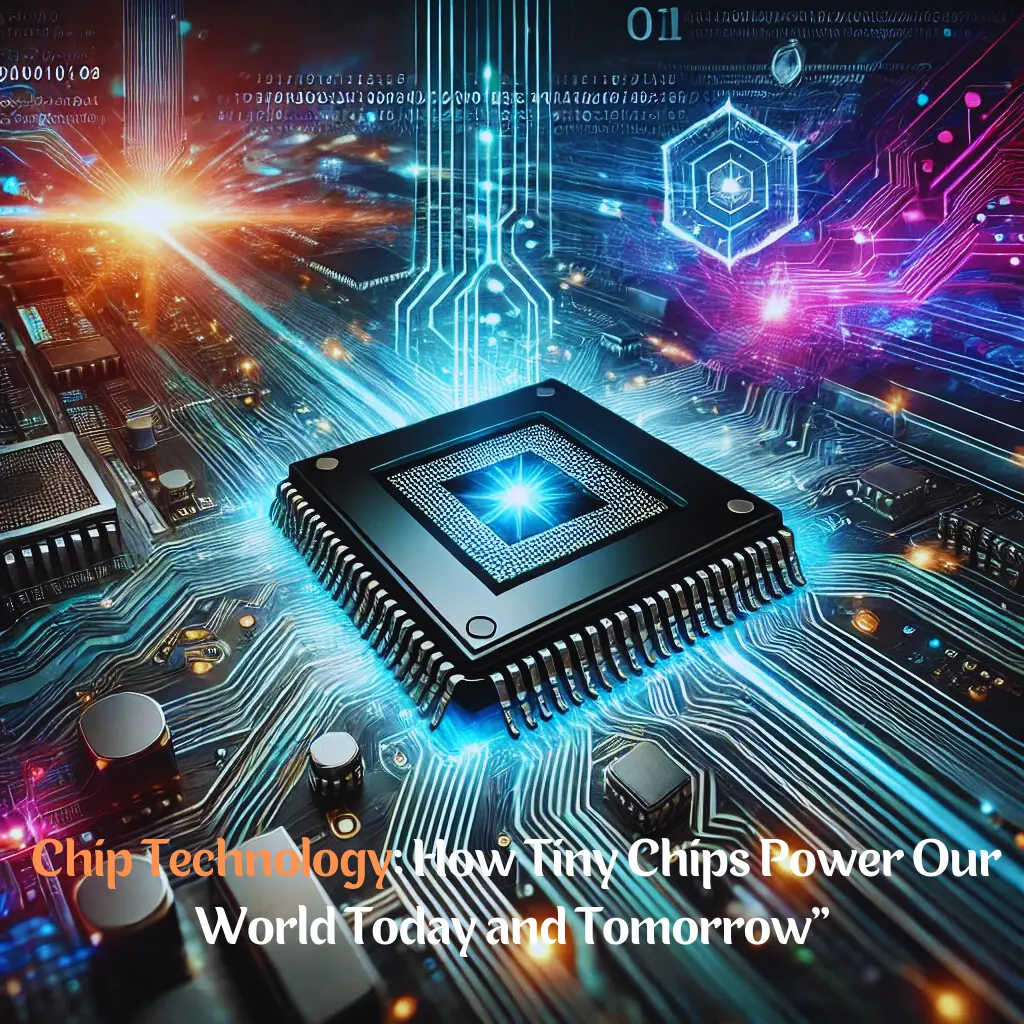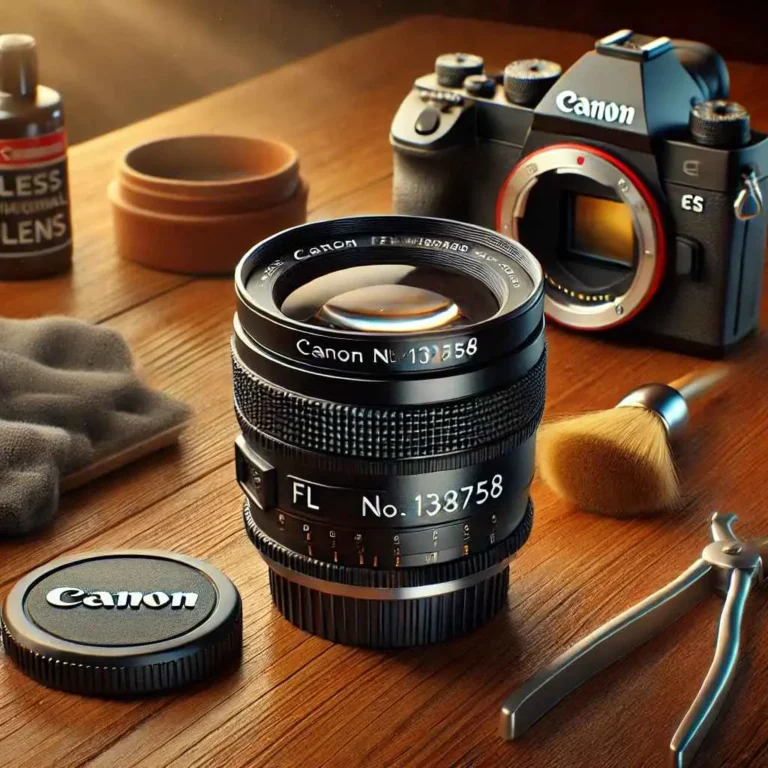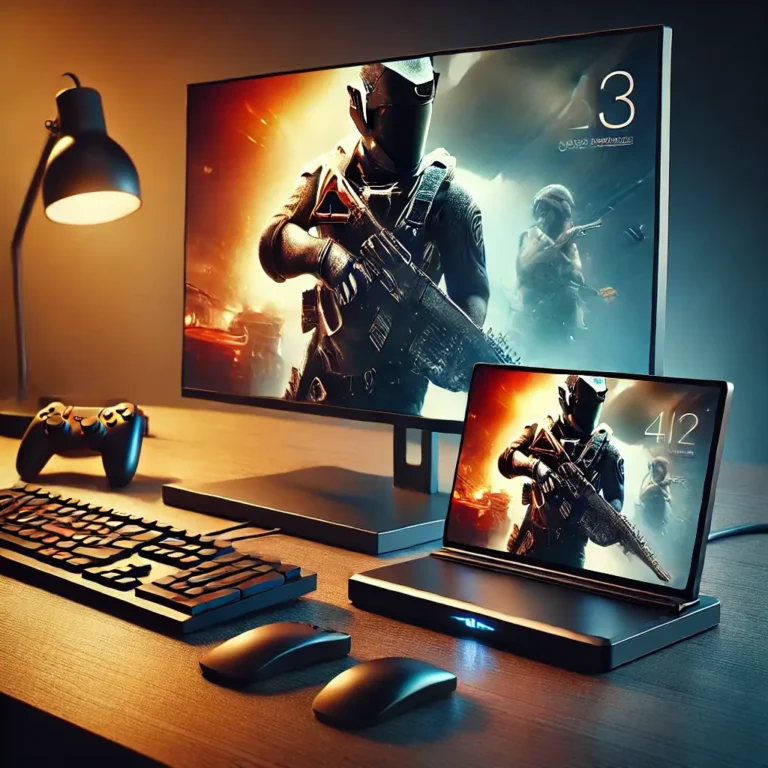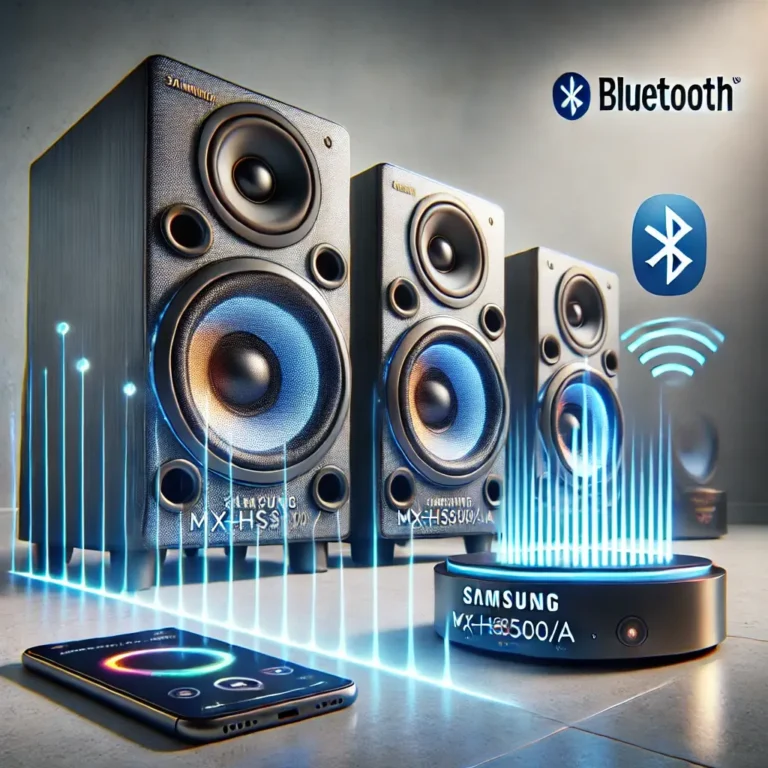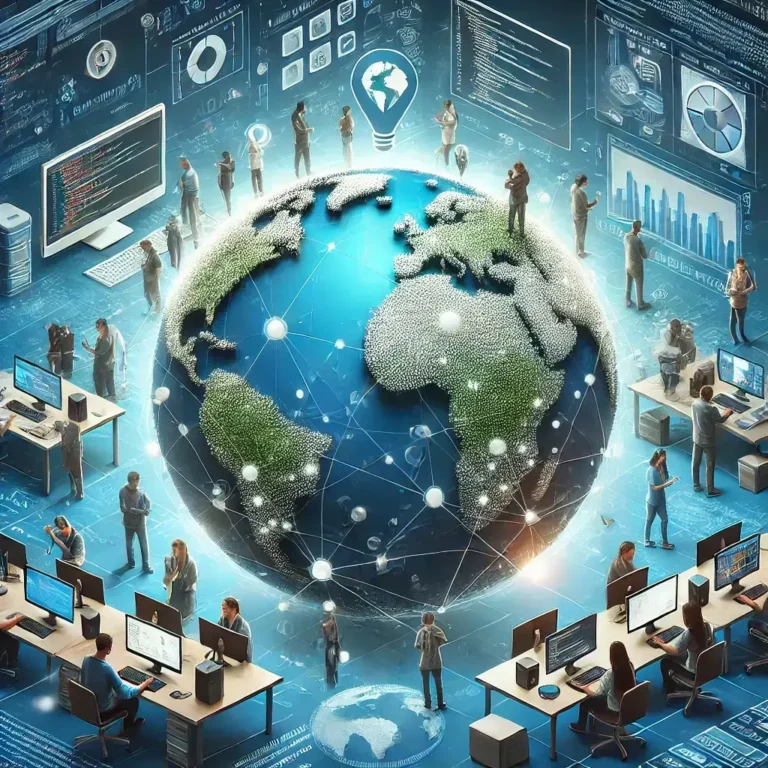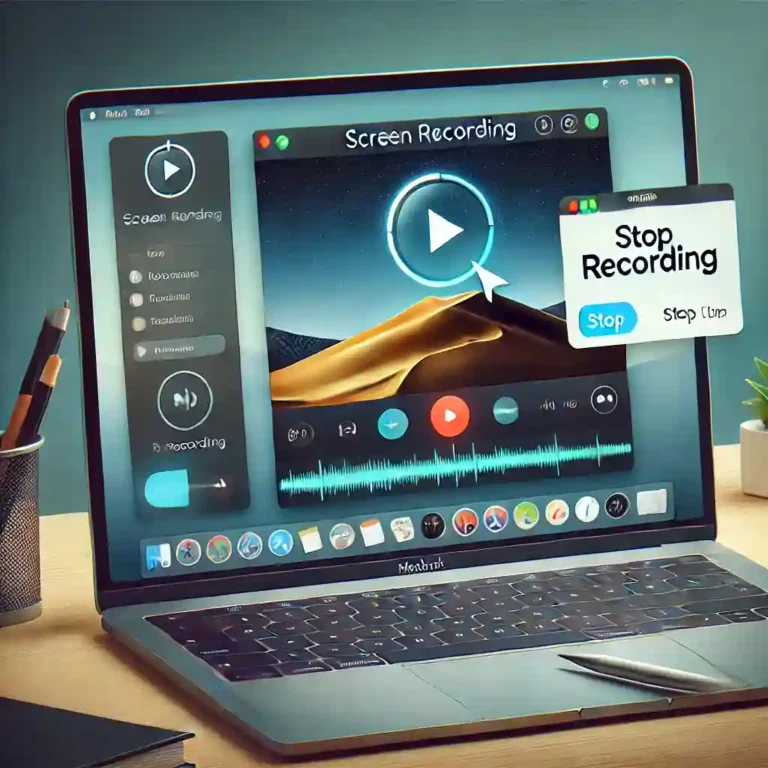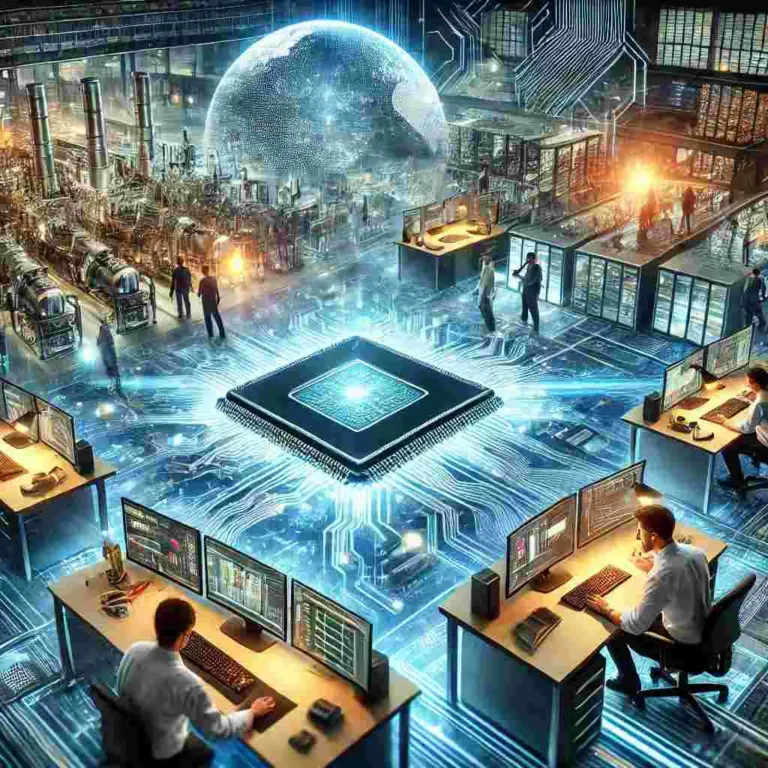Chip Technology: How Tiny Chips Power Our World Today and Tomorrow”
What is Chip Technology? 🖥️
Let’s start with the basics. A chip technology , also known as a microchip, is a small piece of silicon that holds a bunch of electronic circuits. Imagine it like the brain of your favorite gadgets. These chips help electronic devices think and perform tasks quickly, like a team of tiny, super-smart helpers working behind the scenes.
The Journey of Chip Technology 🛠️
Chip technology began in the 1950s when computers were the size of entire rooms. Back then, these giant machines needed loads of electricity to function. But soon after, brilliant scientists figured out how to fit thousands of tiny circuits onto a single chip. This discovery made computers smaller, faster, and much more affordable.
With the help of Moore’s Law, which predicts that the number of transistors on a chip doubles every two years, chips keep getting more powerful. That’s why your smartphone today is more powerful than computers that took up an entire room just a few decades ago!
Significant Milestones in Chip Technology 🌟
- The First Integrated Circuit (1958): Jack Kilby at Texas Instruments invented the first chip, which sparked the modern computer revolution.
- The Arrival of Microprocessors (1971): Intel launched the world’s first microprocessor, which served as the “brain” for computers, revolutionizing technology forever.
- The Push for Smaller and Faster Chips (2000s): As technology improved, we saw chips become smaller while handling more power. This led to faster smartphones, laptops, and gaming consoles.
- The Rise of AI Chips (2010s – Present): Companies now design chips specifically for artificial intelligence (AI)—these AI chips power intelligent assistants like Siri, Alexa, and self-driving cars.
Where We Use Chip Technology Today 📱🚗💡
Chips have become a part of our daily lives, even if we don’t always notice them. Let’s explore some of the places where these tiny wonders work their magic:
- Smartphones and Tablets 📲
Chips inside your phone help it do everything from taking high-quality photos to running apps smoothly. Without these powerful chips, your phone wouldn’t be able to play games or stream videos as quickly as it does.
- Computers and Laptops 💻
Chips speed up computers, making them perfect for gaming, working, and studying. The better the chip, the faster your computer can complete tasks. That’s why newer laptops feel so much faster than older ones.
- Smart Home Devices 🏠
Chips bring smart homes to life! Gadgets like intelligent lights, doorbells, and thermostats rely on chips to connect to your phone. They even respond to voice commands, letting you control everything with a simple “Hey, Alexa!”
- Cars 🚗
Modern cars depend on chips, from GPS navigation to self-parking features. Some even use chips to detect if you’re getting sleepy and send alerts to keep you safe.
- Medical Devices 🏥
In healthcare, chips power life-saving tools like heart monitors and insulin pumps. They also drive robots that help doctors perform surgeries with precision.
- Gaming Consoles 🎮
Chips in gaming consoles like PlayStation and Xbox create stunning graphics and smooth gameplay. These powerful chips help your favorite games look more realistic than ever before!
How Chip Technology is Transforming Our World 🌍
Chips aren’t just making gadgets faster—they’re changing the world in unique ways:
- Artificial Intelligence (AI): Chips allow AI systems to learn, recognize patterns, and even understand human speech. This helps robots and intelligent assistants like Google Assistant work more effectively.
- Internet of Things (IoT): Chips connect everyday objects like fridges, light bulbs, and pet collars to the internet. This network of smart devices makes your life easier by automating simple tasks.
- Space Exploration: Chips help space agencies control satellites, rovers, and spacecraft like the ones exploring Mars. They play a massive role in pushing the boundaries of our knowledge about space.
- Green Energy: Chips improve the efficiency of solar panels and wind turbines, helping us reduce pollution and switch to clean energy.
What’s Next for Chip Technology? 🚀
The future of chip technology looks brighter than ever. Here are a few things we can expect:
- Faster, Smaller Chips: Researchers continue to develop more minor chips that use less power but perform even quicker, making our gadgets more efficient.
- More Intelligent AI Chips: As AI becomes more advanced, chips will help robots and intelligent assistants understand humans better.
- Quantum Computing: Scientists are working on quantum chips, allowing computers to solve impossible problems for regular computers. It’s like unlocking superpowers for technology!
- Revolutionizing Healthcare: Future chips may go inside our bodies to track health conditions in real time, helping doctors catch issues before they become serious.
Frequently Asked Questions (FAQs) ❓
Q1: What do microchips do?
A1: Microchips act as the “brains” of electronic devices, allowing them to process information quickly. We use them in everything from phones to cars and medical devices.
Q2: Who invented the first chip?
A2: Jack Kilby invented the first integrated circuit (chip) in 1958, which marked the start of modern computing.
Q3: How do chips make devices faster?
A3: Chips can process large amounts of data at lightning speed, allowing devices like smartphones and computers to work quickly and efficiently.
Q4: Can chips think like humans?
A4: While chips don’t “think” like humans, they can be programmed to mimic human thinking through artificial intelligence. That’s what powers intelligent assistants like Siri and Alexa.
Q5: Will chip technology continue to improve?
A5: Definitely! Engineers and scientists are constantly developing new ways to make chips faster, smaller, and more powerful.
Q6: Do video games use chips?
A6: Yes! Chips power gaming consoles and are responsible for the fast graphics and smooth gameplay that make your favorite games fun.
Q7: How do chips help cars?
A7: Car chips assist with GPS navigation, automatic parking, and self-driving features. They can also monitor the car’s condition for safety.
Conclusion 🎉
Chips are everywhere, silently working to make our lives better, faster, and more fun! From your pocket-sized phone to the latest space mission, these tiny wonders keep advancing and transforming our lives. As technology grows, we can look forward to even more impressive innovations powered by chips.

